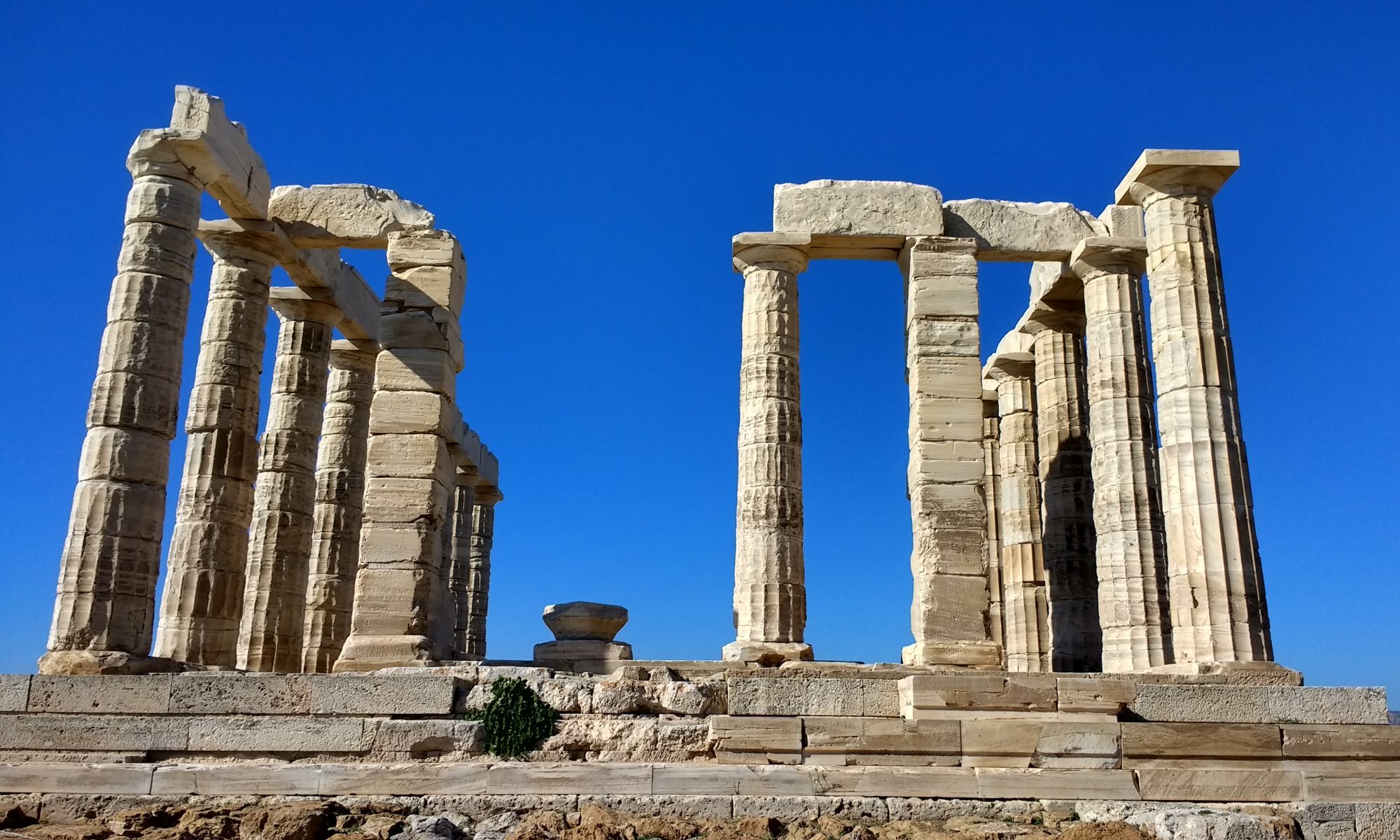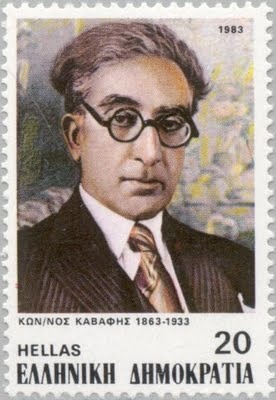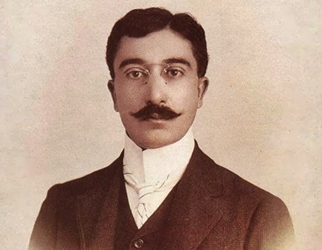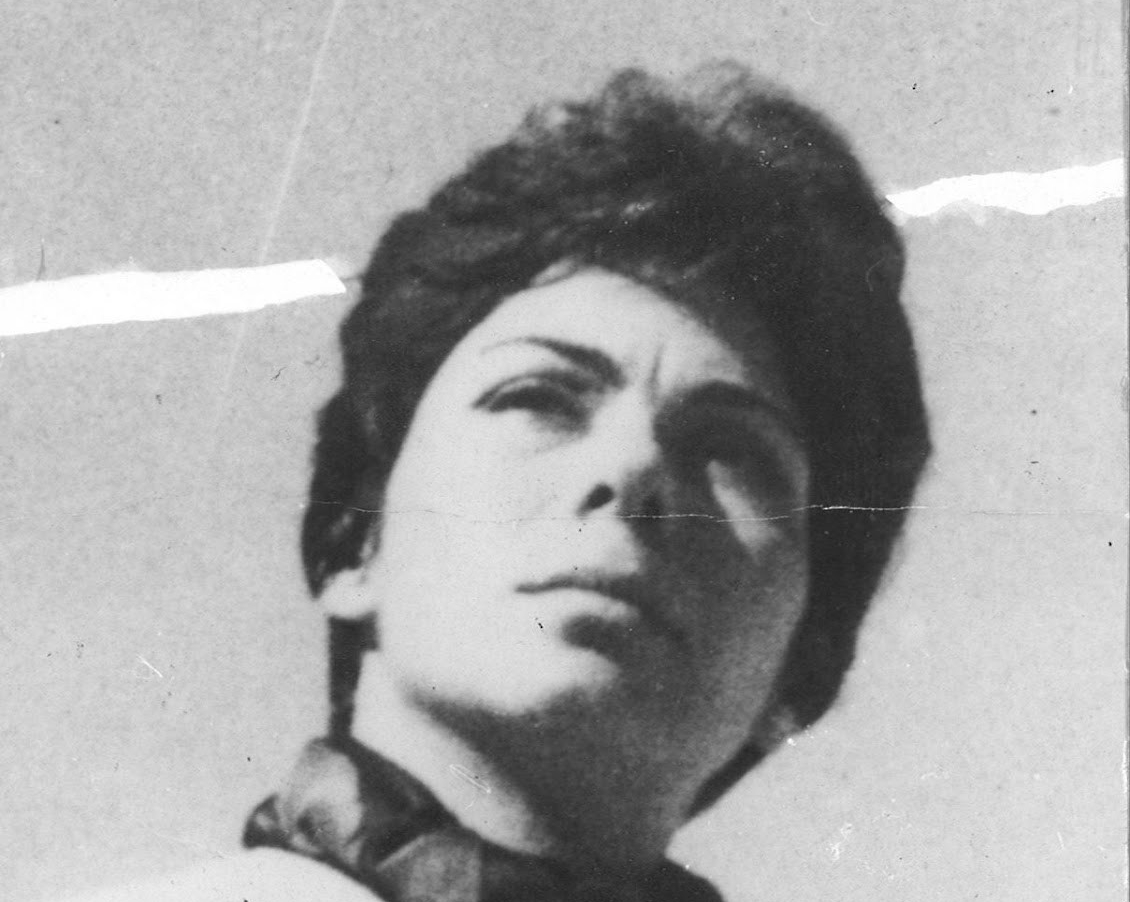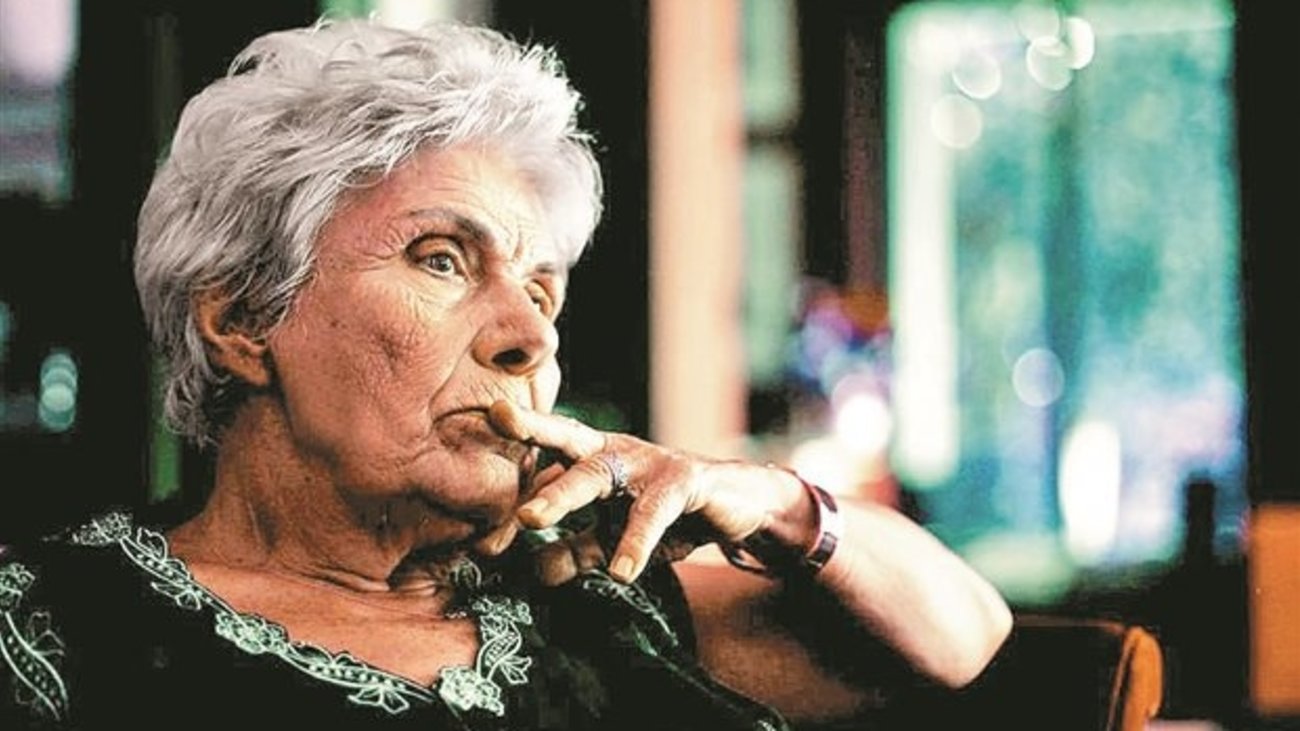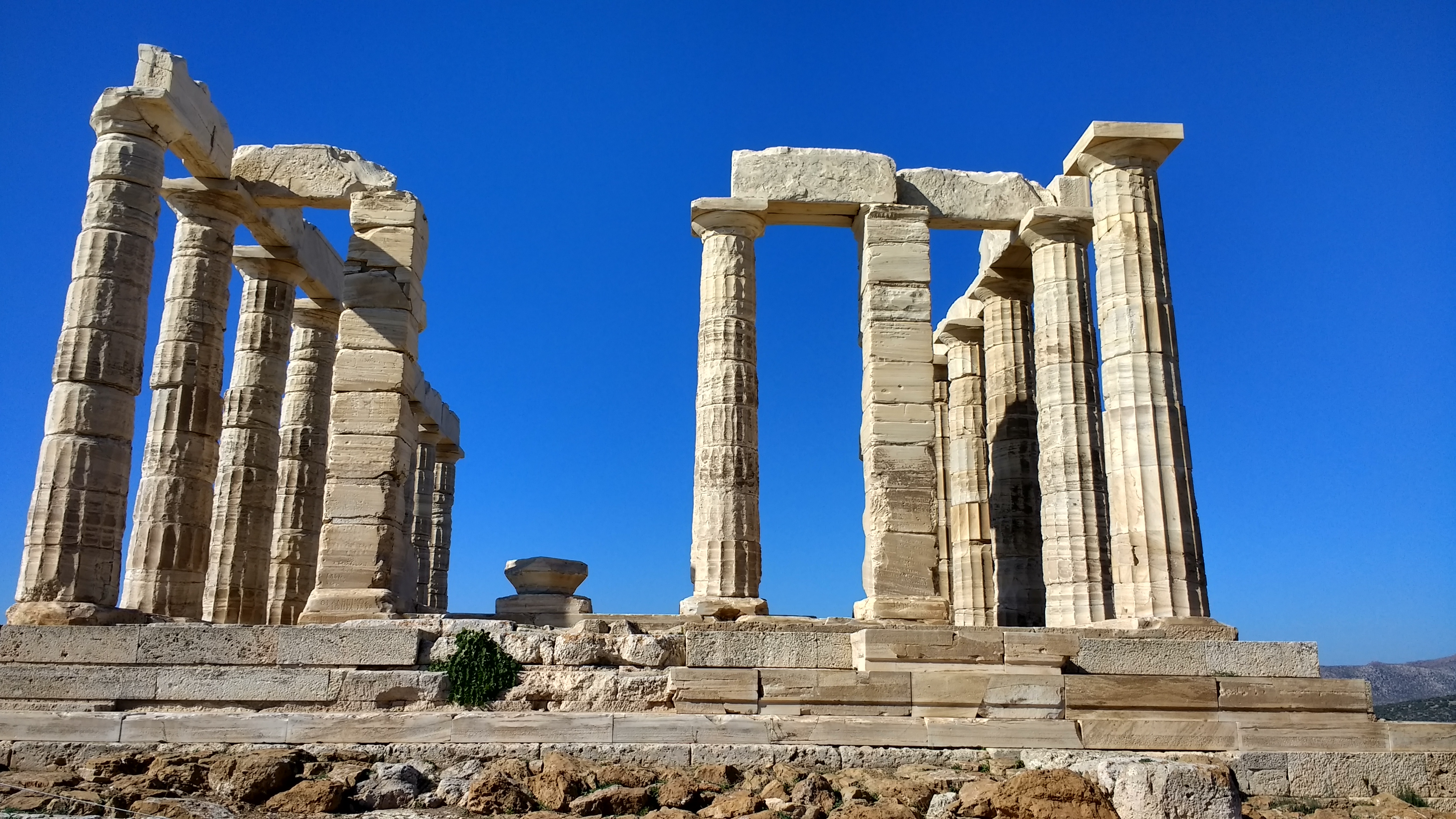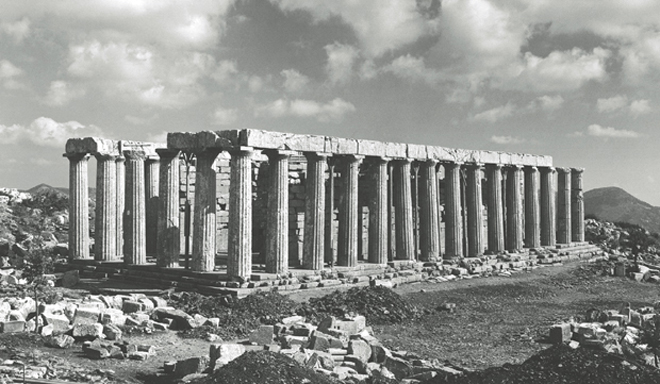
The Finnish, but Swedish-speaking, writer Tove Jansson is best known for her Moomin stories. It is less well known that she was an accomplished poet as well. Her best known piece, Höstvisa, sensitively set to music by Erna Tauro, is one of the best loved modern poems in Swedish.
Höstvisa
Vägen hem var mycket lång och ingen har jag mött,
nu blir kvällarna kyliga och sena.
Kom trösta mej en smula, för nu är jag ganska trött,
och med ens så förfärligt allena.
Jag märkte aldrig förut, att mörkret är så stort,
går och tänker på allt det där man borde.
Det är så mycket saker jag skulle sagt och gjort,
och det är så väldigt lite jag gjorde.
Skynda dej älskade, skynda att älska,
dagarna mörknar minut för minut.
Tänd våra ljus, det är nära till natten,
snart är den blommande sommaren slut.
Jag letar efter nånting som vi kanske glömde bort
och som du kunde hjälpa mej att finna.
En sommar går förbi, den är alltid lika kort,
den är drömmen om det man kunnat vinna.
Du kommer kanske nångång, förr’n skymningen blir blå
innan ängarna är torra och tomma.
Kanske hittar vi varann, kanske hittar vi då på
något sätt att få allting att blomma.
Skynda dej älskade, skynda att älska,
dagarna mörknar minut för minut.
Tänd våra ljus, det är nära till natten,
snart är den blommande sommaren slut.
Nu blåser storm därute och stänger sommarns dörr,
det är för sent för att undra och leta.
Jag älskar kanske mindre än vad jag gjorde förr
men mer än du nånsin får veta.
Nu ser vi alla fyrar kring höstens långa kust
och hör vågorna villsamma vandra.
En enda sak är viktig och det är hjärtats lust
och att få vara samman med varandra.
Skynda dej älskade, skynda att älska,
dagarna mörknar minut för minut.
Tänd våra ljus, det är nära till natten,
snart är den blommande sommaren slut.
Autumn song
The walk back home was very long, with no one there to see
Now the evening chill is ever encroaching
Come comfort me a little, my tiredness got to me
And I suddenly feel loneliness approaching.
I never saw before how great the darkness was
And all the things I should have said and spoken
Are not so very comforting, no help to me because
My promises lie stunted and broken
Hurry beloved, come hurry to love me
Day’s getting darker each minute goes by.
Light our candles, the night is above me
The end of the summer is now drawing nigh.
I’m looking here for something that maybe we forgot
And maybe you can help me to find it.
A summer passes quickly. It’s always much too short
It’s the dream of things, that could have been better.
And you will maybe get here, before the dusk gets dark
Before the meadows dry out and wither.
We maybe find each other, It would be quite a lark
If we can bring it all into flower
Hurry beloved, come hurry to love me
Day’s getting darker each minute goes by.
Light our candles, the night is above me
The end of the summer is now drawing nigh.
The gale is getting stronger. It’s shutting summer’s door
It’s much too late for dreaming and finding
I maybe love a little less than I did before
But much more than you could ever imagine.
The lighthouses of autumn throw out their light to guide
The waves that lost their way, getting rougher.
The only thing important is what our hearts decide
And being here together with each other
Hurry beloved, come hurry to love me
Day’s getting darker each minute goes by.
Light our candles, the night is above me
The end of the summer is now drawing nigh.
